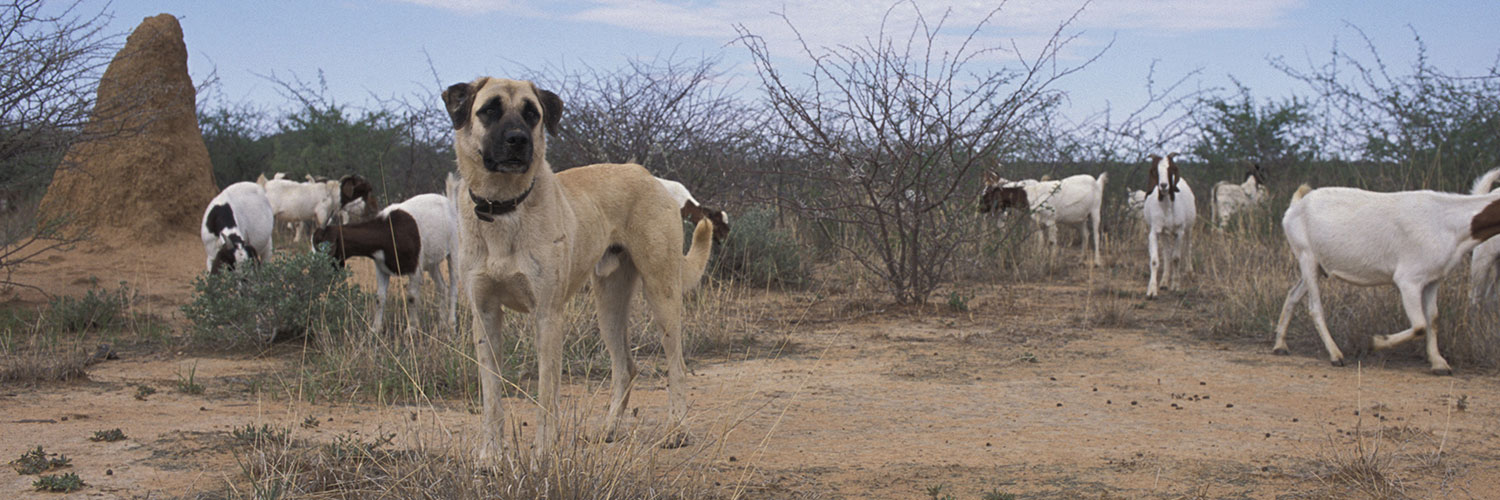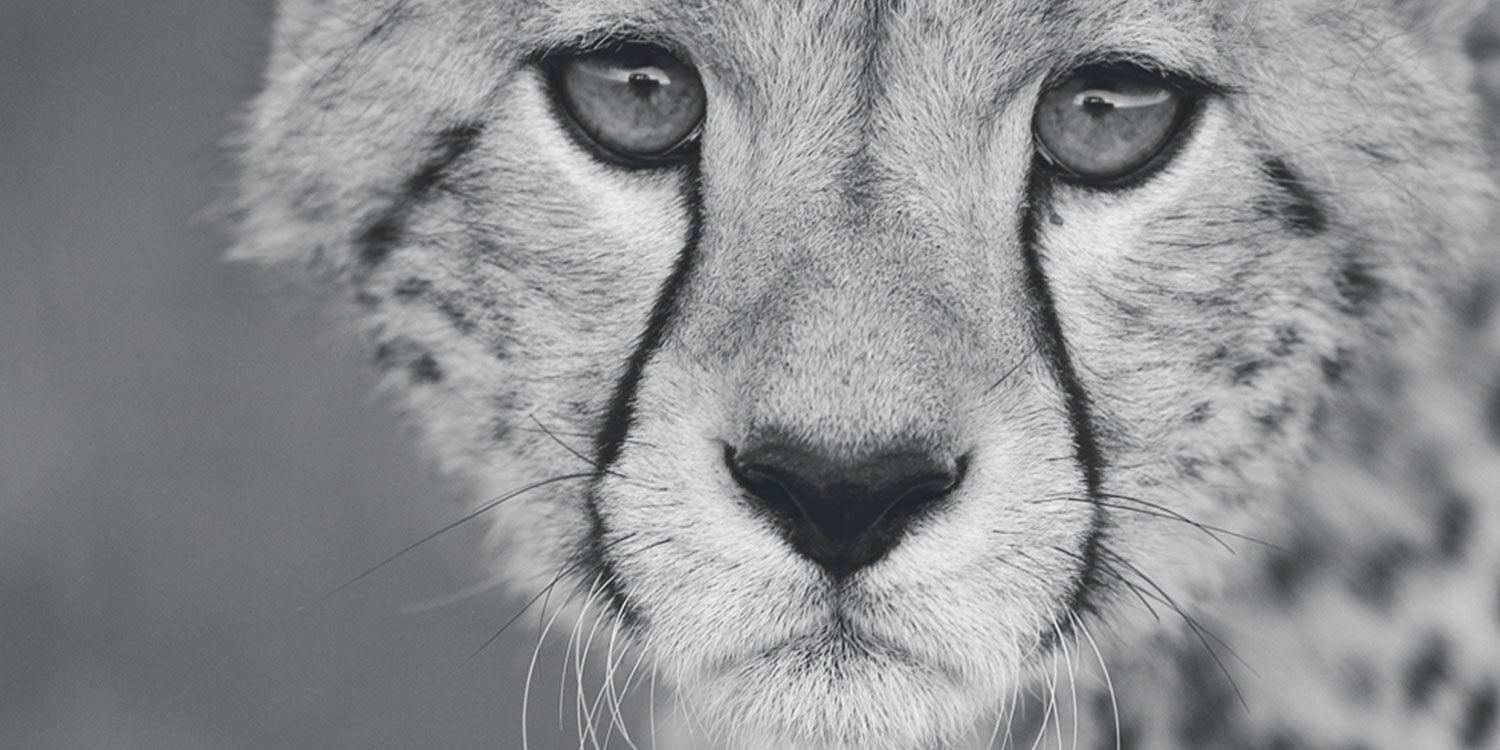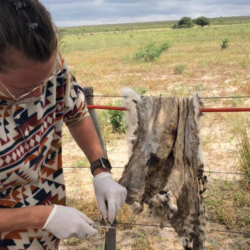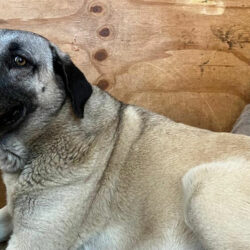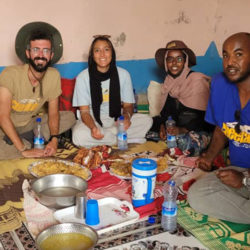Human Wildlife Conflict
One of the greatest threats to the cheetah in the wild is human-wildlife conflict. Over 90 percent of cheetahs live outside protected management areas, meaning that they live alongside human communities. Most of these are commercial and communal farming communities are raising cows, sheep, and goats.
Community Outreach
CCF staff are engaged in community outreach efforts across Namibia as part of our Community Based Natural Resource Management (CBNRM) projects. CCF responds to calls about problem predators and gives assistance in preventing livestock predation. At every outreach call, helpful educational materials are provided to farmers and technical improvements are suggested to help mitigate livestock losses. CCF staff are continually finding new ways to help rural communities gain solutions that are mutually beneficial to both wildlife and domestic animals.
To the communal farmers, the loss of even a single animal can be devastating. Cheetahs and other predators are commonly viewed as a threat to the livelihoods of the farming community. During the 1980’s, livestock and game farmers halved the cheetah population in Namibia. In response to the dramatic losses of cheetahs, one of the very first programs developed by CCF in 1990 were its human/wildlife conflict mitigation programs. Future Farmers of Africa served as the umbrella for CCF’s conservation outreach efforts within the farming community.
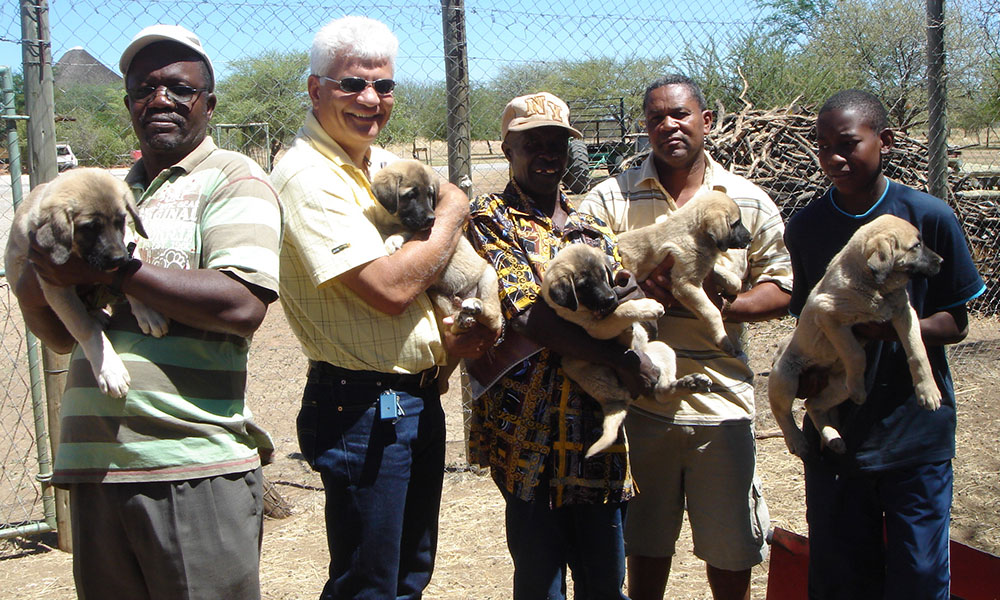
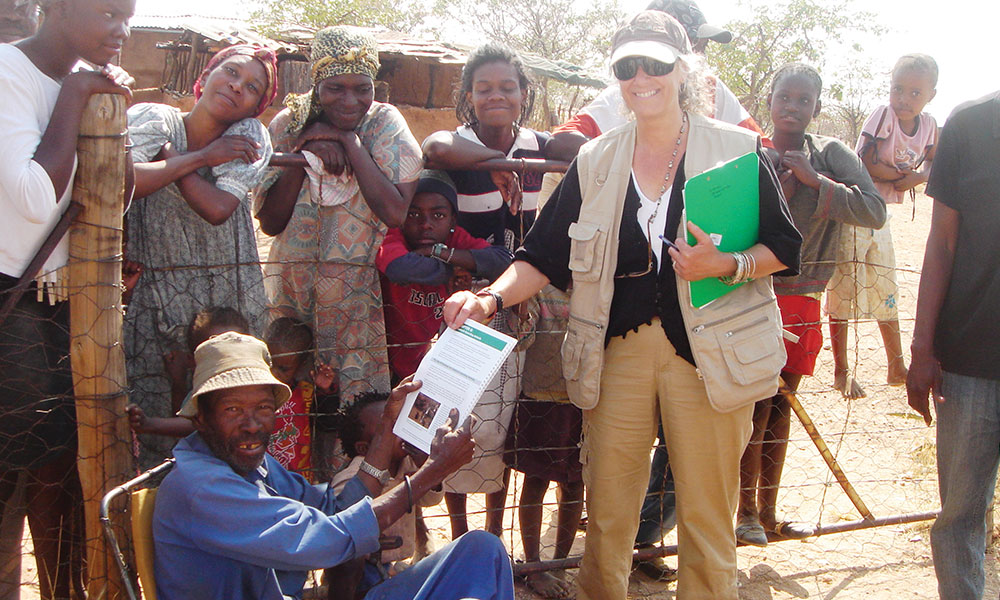
Future Farmers of Africa
To prevent further cheetah population decline, CCF works with farmers to investigate, develop and implement predator-friendly livestock and wildlife management techniques. The techniques are also exhibited at CCF’s Model Farm, where the farming community can see demonstrations and complete farming coursework. CCF promotes predator-friendly livestock management solutions in farmer publications, agricultural shows, communal meetings, and within agricultural coursework at colleges and universities.
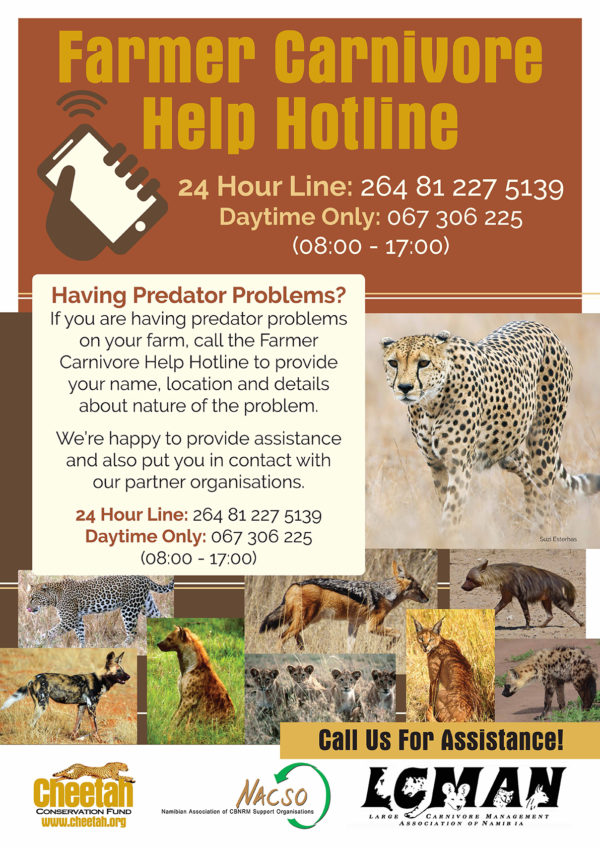
Farmer Carnivore Help Hotline
The Farmer Carnivore Help Hotline number is for farmers across Namibia to be able to contact The Cheetah Conservation Fund directly 24/7 to freely discuss any issues relating to cheetahs and other carnivores on their farms. These issues can include a problem animal and livestock predation to wanting to gain further information on carnivore ecology.
Contact the Farmer Carnivore Help Hotline 24 Hour number: 264 81 227 5139
Daytime ONLY number (08:00 – 17:00): 067 306 225
Atlasing in Namibia
The Atlasing in Namibia app is the official app of the Atlasing in Namibia website (www.the-eis.com/atlas), part of Namibia’s Environmental Information Service (www.the-eis.com).
Atlasing in Namibia is a citizen science project for biodiversity recording in Namibia. The intended users are people who are in Namibia and its functionality is restricted to the geographical boundaries of the country. Currently there are options for recording mammals, reptiles, amphibians and alien plants.
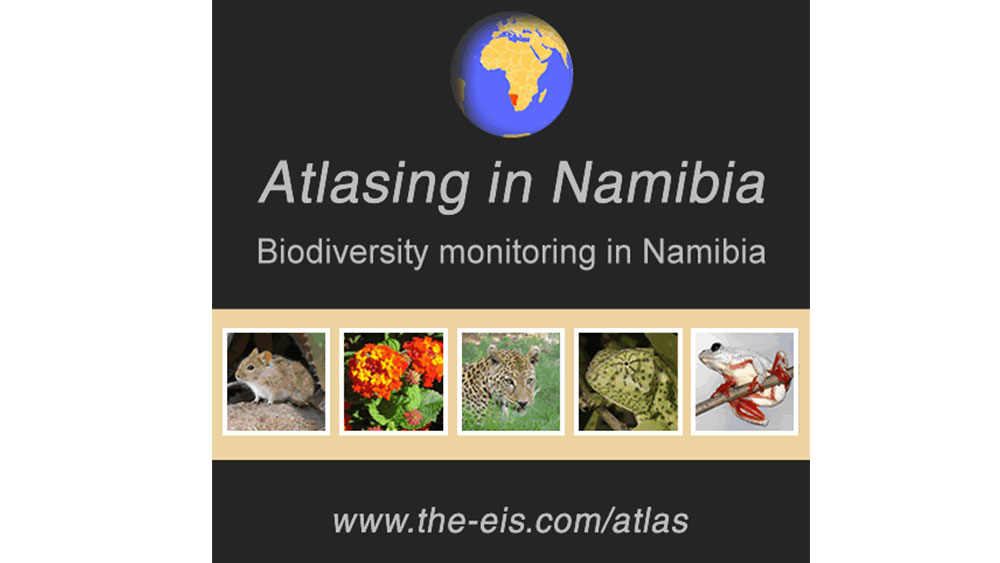
Livestock Guarding Dog Program
CCF’s renowned Livestock Guarding Dog Program has been highly effective at reducing predation rates and thereby reducing the inclination by farmers to trap or shoot cheetahs. CCF breeds Anatolian shepherd and Kangal dogs, breeds that for millennia have guarded small livestock against wolves and bears in Turkey. The dogs are placed with Namibian farmers as puppies. They bond with the herd and use their imposing presence and loud bark to scare away potential predators.
In 1994, CCF began its LGD program by breeding and placing dogs on livestock farms. Research shows the dogs are highly effective. Livestock loss reduction rates are reported from 80 to 100 percent. Farmers adopt CCF’s LGDs and participate in ongoing education to support the dog’s development. CCF does on-site visits to ensure the dogs are settling into their guardian role and to follow-up on medical care. Farmers have enthusiastically embraced the program, and there is a waiting list for puppies. Research shows that the people’s attitudes towards predators are changing as a result of the success of CCF’s LGD program.
Read more about CCF’s LGD program in our blog and become a sponsor of the life-saving program today.
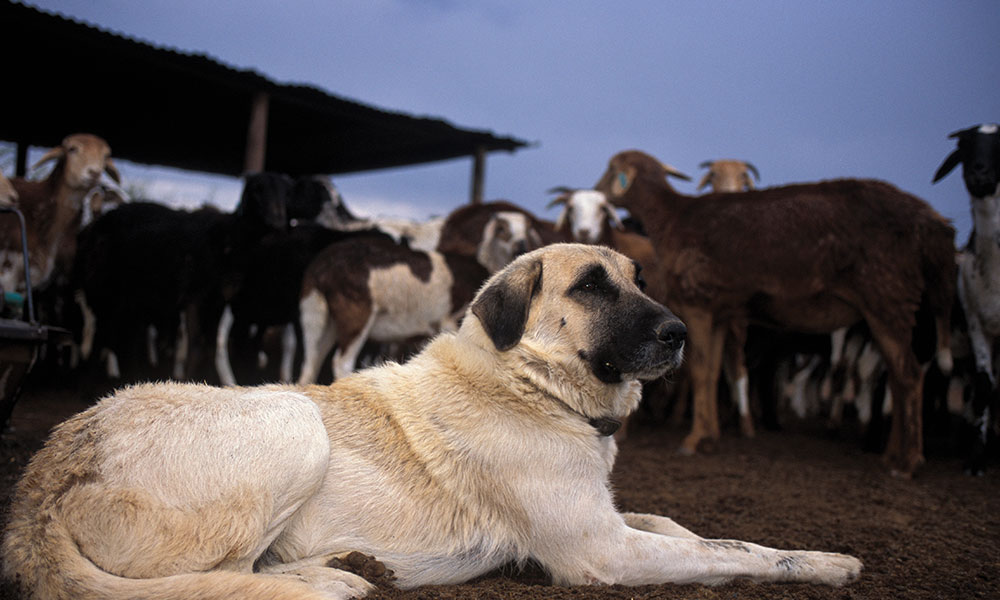
Related Reading
-
April 15, 2024
From Classroom to Field Work: A New Perspective -
February 23, 2023
Twenty-Six New Livestock Guarding Dog Puppies -
March 14, 2022
Studying Ecology and Capacity in Somaliland

